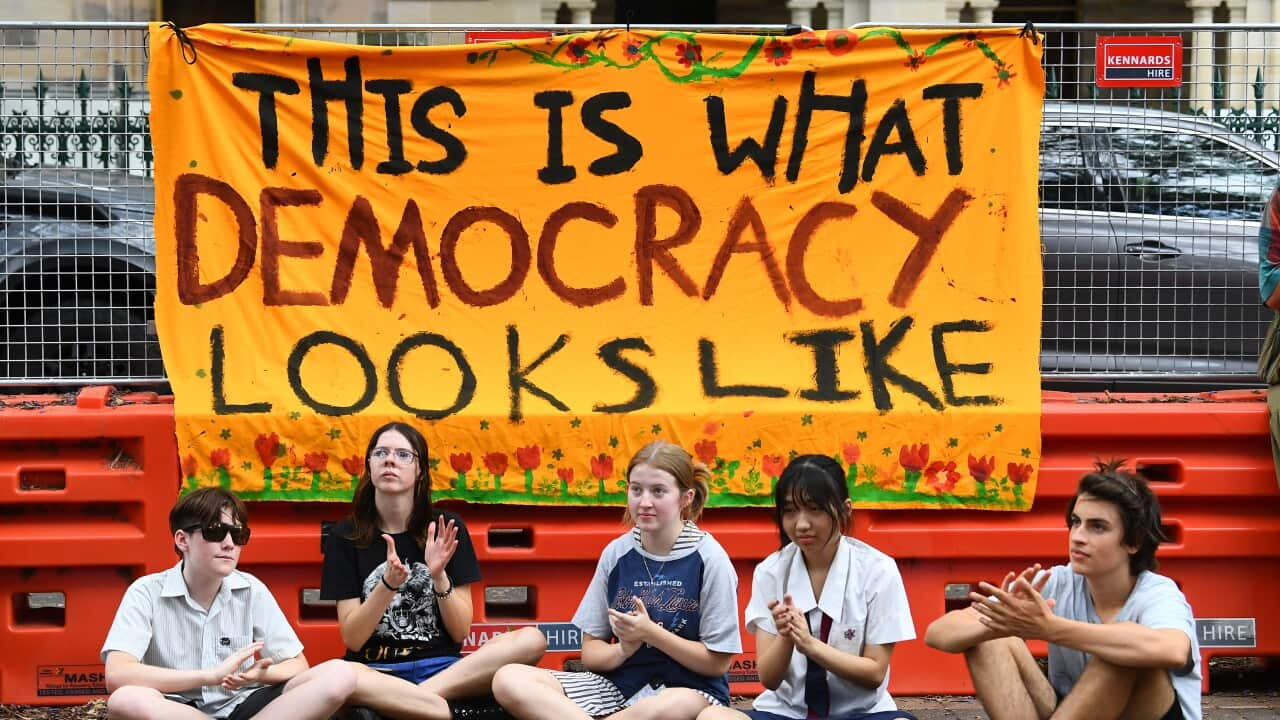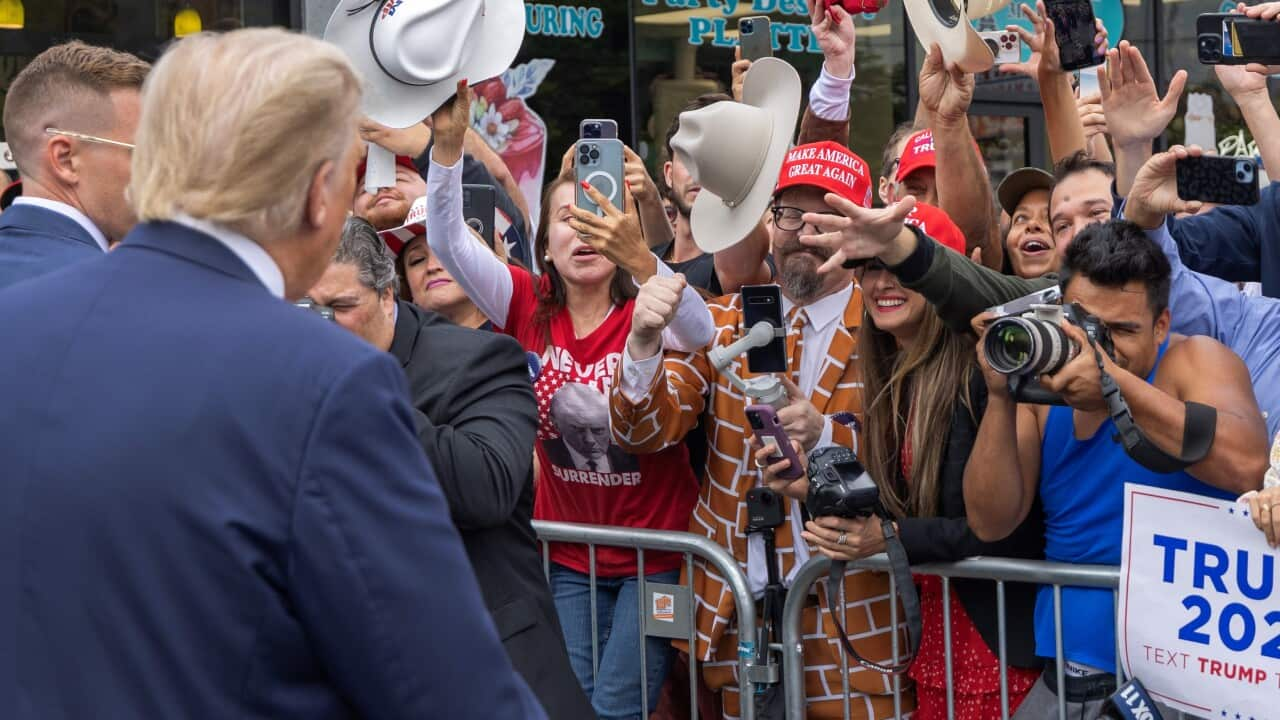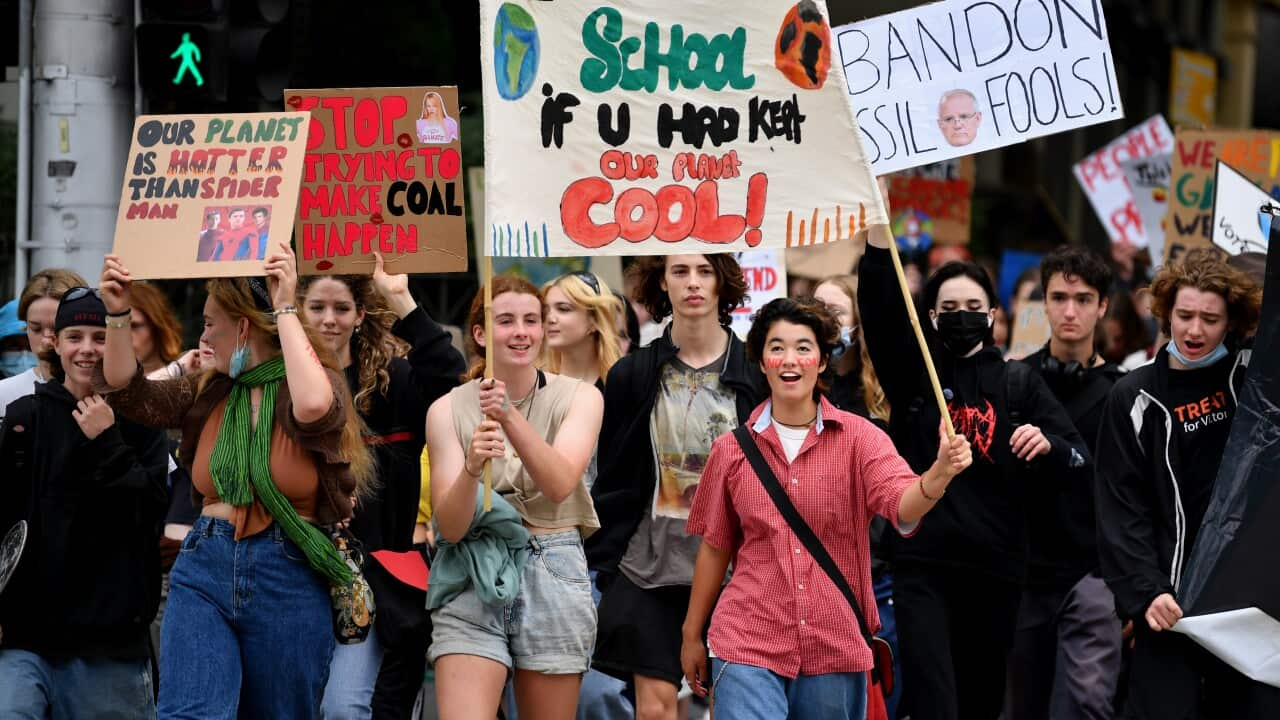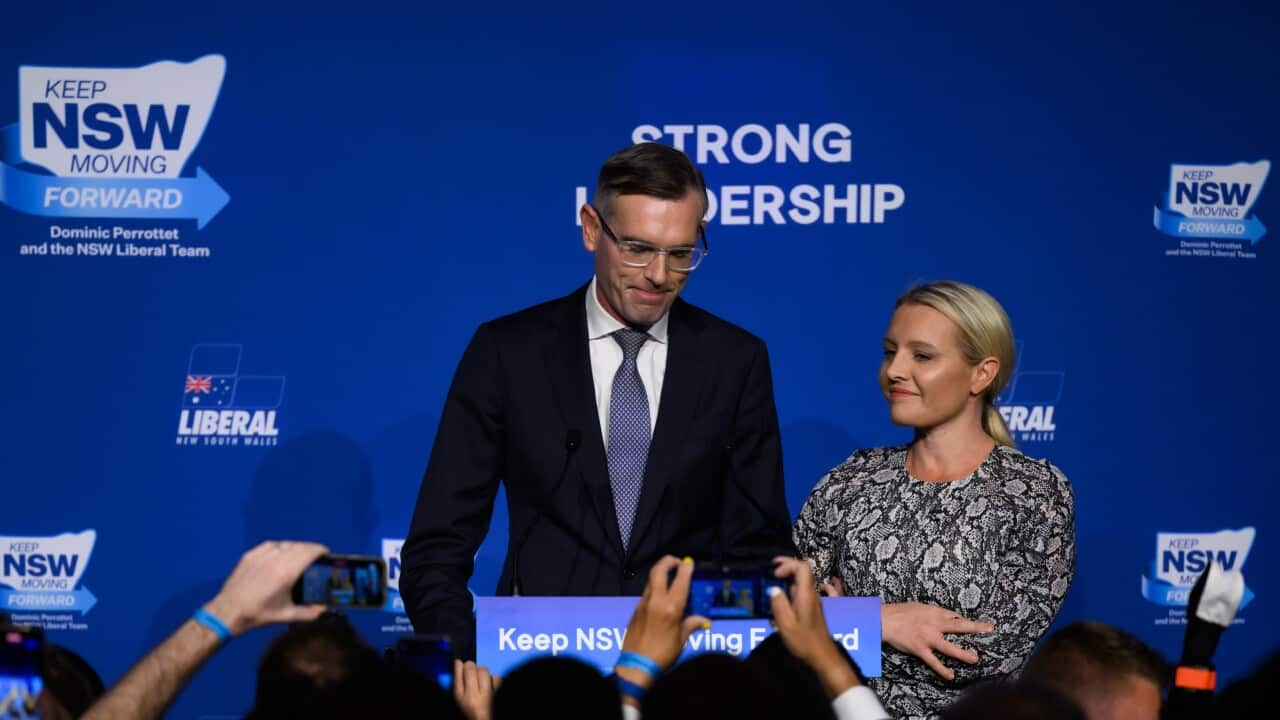Key Points
- Holly Valance shared her shift from left-leaning to right-leaning political views, suggesting it's a common story.
- A 2022 Australian Election Study showed a distinctive shift in younger voters' preferences.
- Millennials and Gen Z diverge from past trends, leaning further left.
Holly Valance - also known by her married name Holly Candy - called back to a well-aired adage this week, saying that people steer towards right-wing views as they get older.
"I would say that everyone starts off as a leftie, then wakes up at some point, after you start either making money, working, trying to run a business, trying to buy a home, and then you realise what crap ideas they all are," Candy told GB News while attending the launch of the new political movement Popular Conservatives in London.
"And then you go to the right."
Her words somehow mirror the well-known quote attributed to former UK prime minister Winston Churchill: "If you’re not a liberal when you’re 25, you have no heart. If you’re not a conservative by the time you’re 35, you have no brain".
While the International Churchill Society says there is no record of anyone hearing Churchill say this, there was some truth to that saying for several generations.
But experts say it may no longer be the case.
Distinctive shift in the last federal election
Dr Sarah Cameron, a senior lecturer in public policy at Griffith University’s School of Government and International Relations, was one of the authors of a report on results.
The report provided insights into voting behaviour and was based on the 2022 Australian Election Study (AES) that surveyed a nationally representative sample of 2,508 voters after the election to find out what shaped their choices.
One of the key findings indicated significant differences in voting behaviour between generations.
Talking to SBS News, Cameron said we need to distinguish between life cycle changes and generational changes.
"A life cycle change (that Holly Candy was talking about) is when people start on the left and then shift to the right as they get older," she said.
"Generational change, on the other hand, is where we see tangible differences between the generations and how they vote."
She noted that for younger Australians, the cycle starts much further to the left and doesn't seem to be shifting to the right.
"Take, for example, Millennials (people born between 1981 and 1996) who are no longer particularly young. The older Millennials are in their late thirties and early forties," she said.
"What we're seeing with that group is that they are not shifting to the right as they get older. If anything, what we saw at the last election was that the group had actually shifted further to the left.
"So we're seeing more evidence of generational change rather than life cycle changes in voter behaviour."
The report highlighted how the 2022 election was distinctive from all previous AES data collected since 1987.

Political experts say it remains to be seen how responsive parties on the right will be to the changing dynamics. Source: AAP / James Ross
"At no time in the 35-year history of the AES have we observed such a low level of support for either major party in so large a segment of the electorate," the report stated.
"By contrast, support for Labor remained virtually unchanged from 2019 to 2022, with about 38 percent of voters under the age of 40 supporting Labor."
Matthew Taylor is director of the Intergenerational program at the Centre for Independent Studies, a conservative think tank. In his paper Generation Left: young voters are deserting the right, Taylor said he'd observed shifts in voter behaviour.
"In the past, voters would typically enter the electorate less likely to vote for centre-right parties, and as they got older, they would shift towards those parties," he told SBS News. "That doesn't seem to be the case for voters born after 1980."
"For Generation X (born 1965 to 1980) and Boomers (born 1946 to 1964), there was sort of a shift from the ALP to the Coalition as they got older. What we're seeing with younger voters is often a shift from the ALP to the Greens."
What about Generation Z?
In his report, Taylor also studied the behaviour of the youngest voting cohort, Generation Z (born 1996 to 2009). The oldest people from this cohort have cast their votes in three federal elections so far — 2016, 2019 and 2022.
He said that the difference there was dramatic even compared to Millennials.
"Support for the Coalition among Generation Z in their earliest elections has been significantly lower than any generation of the post-war era and lower than that for Millennials (in absolute terms) at a similar age," Taylor said.
"They are, in their mid-20s, 25.3 percentage points less likely to vote for the Coalition than the average voter."
Cameron said if the current trends persist, and the younger generations grow older and make up a greater portion of the electorate, it will lead to a significant shift in the Australian political landscape. This poses a problem for centre-right parties if they don't address it soon enough.
"What we tend to see, though, is that political parties are very responsive to these changes," she noticed.
"And then you might see a shift from the parties in response to these changing dynamics within the electorate."
Why do young voters behave differently?
According to Cameron, environmental concerns may be one of the reasons for the different behaviour of younger generations.
"We see that among the younger generations, there's much more concern about the environment as an issue, and parties on the left, including the Labor and the Greens are perceived as better at handling environmental issues, including climate change," she said.
Speaking in August to said: "It's very easy for people to vote for the left, particularly when they're young, because those policies appeal to more short-term thinking, and to more 'feel good' thinking, rather than 'do good' thinking."
Taylor said the world's current political landscape meant younger Australians today had a different experience to previous generations.
"If you were born before 1980, you would have memories of a world with a number of planned socialist economies. And what that meant for the living standards of the people who lived in those economies and also what it meant for geopolitical security," he said.
"Younger people probably wouldn't remember the fall of the Berlin Wall. So they might be attracted to socialism because they live in a world where they still haven't sort of seen what that actually does to economies and the people who live in them."
Another reason, he said, is the housing affordability crisis.
"A lot of younger Millennials are still struggling to get into the housing market. They're facing quite high rental prices and, I suppose, wondering if they're ever going to own a home."
Renters and their rights are one of the main focuses of Greens policy.
"From their humble beginnings of 2.9 per cent of the primary vote in the 1996 election,the Greens have increased their primary vote dramatically over time — especially among younger voters," Taylor said in his report.
Other factors indicated in Cameron's study are women’s increased participation in higher education and in the labour force.
Recent research suggests that young Australian women are shifting towards the political left at an even faster rate than Australian men.
The gender divide is also seen in other countries. Reporting in the Financial Times suggested "women aged 18 to 30 are now 30 percentage points more liberal than their male contemporaries" while similar divides are also recorded in the UK, Germany and South Korea.

Some research suggests that young Australian women are shifting towards the political left at an even faster rate than Australian men. Source: AAP / David Crosling
What might the trend mean for political policy?
Rather than explaining the current processes, Taylor said his report aimed to caution not only centre-right parties but also the general public.
"Connecting with younger voters must be the centre-right’s highest priority; to ignore such low levels of support among those born after 1980 is to risk never returning to power," he said.
What that would mean, according to Taylor, is a significant change in the nature of Australian public policy when a centre-left government is held accountable by a far-left opposition rather than by one of the centre-right.
"There is at least the potential that we would have a centre-left government held to account by increasingly far-left opposition that would then sort of shift public policy towards much higher taxes and far more government intervention," he said.
Cameron said: "It remains to be seen how responsive parties on the right are to these changing dynamics to attract the votes of these younger generations that they need in order to remain electorally viable."















